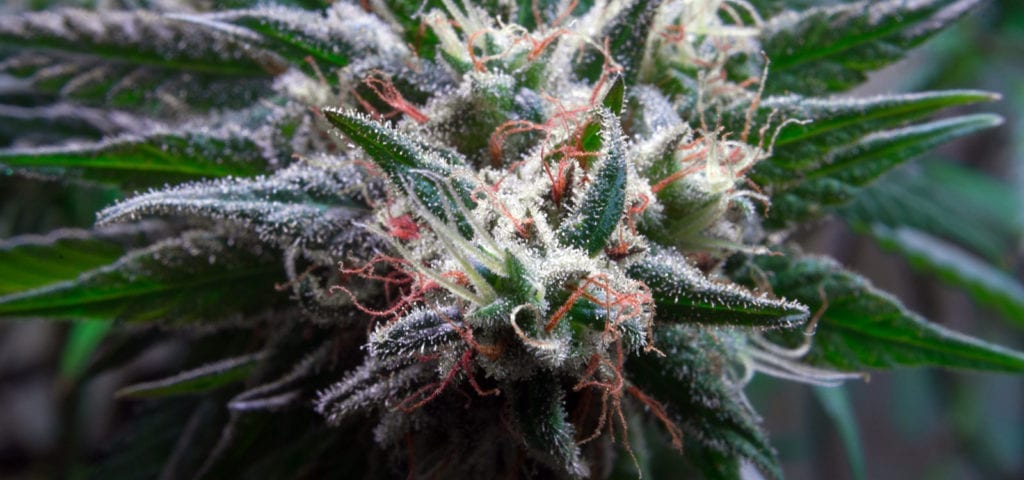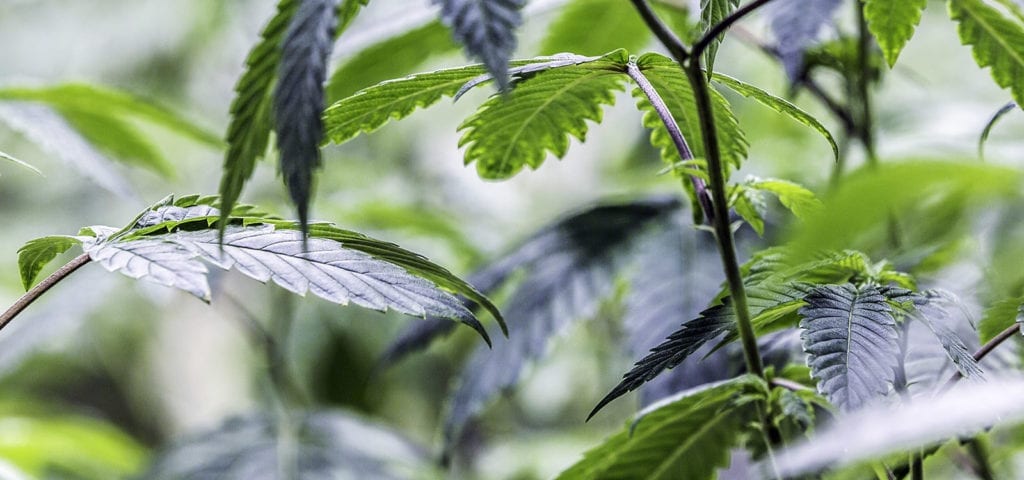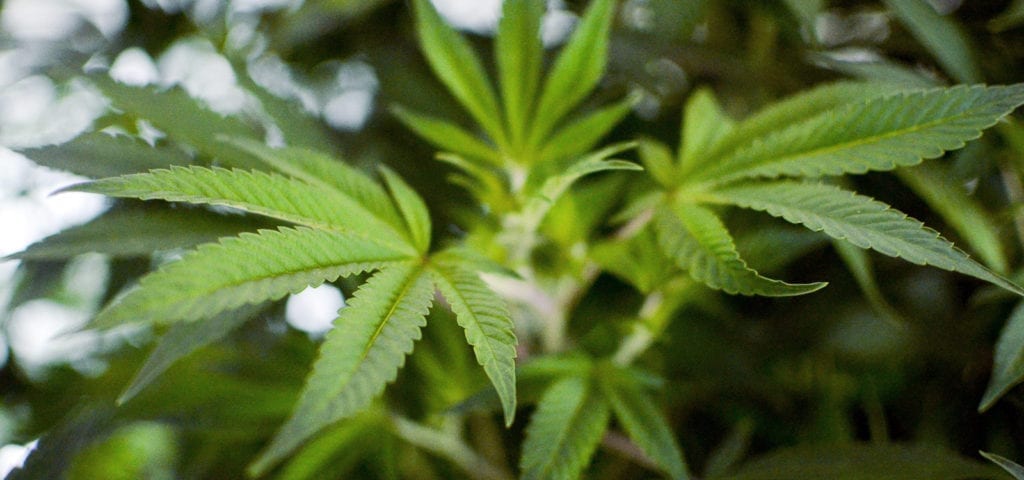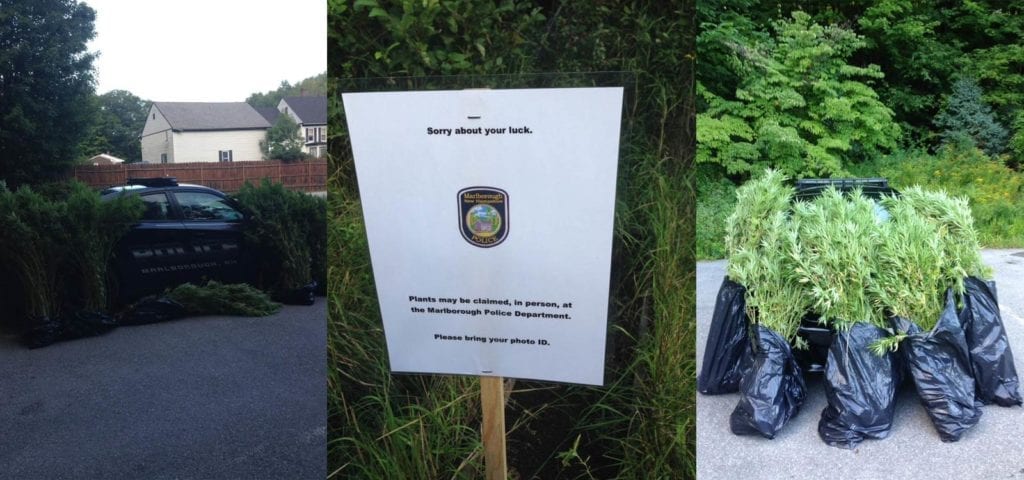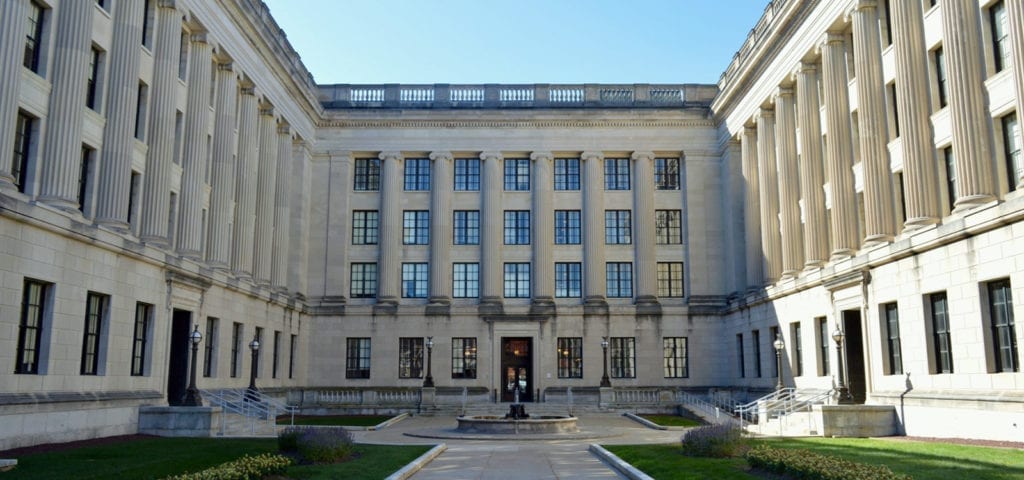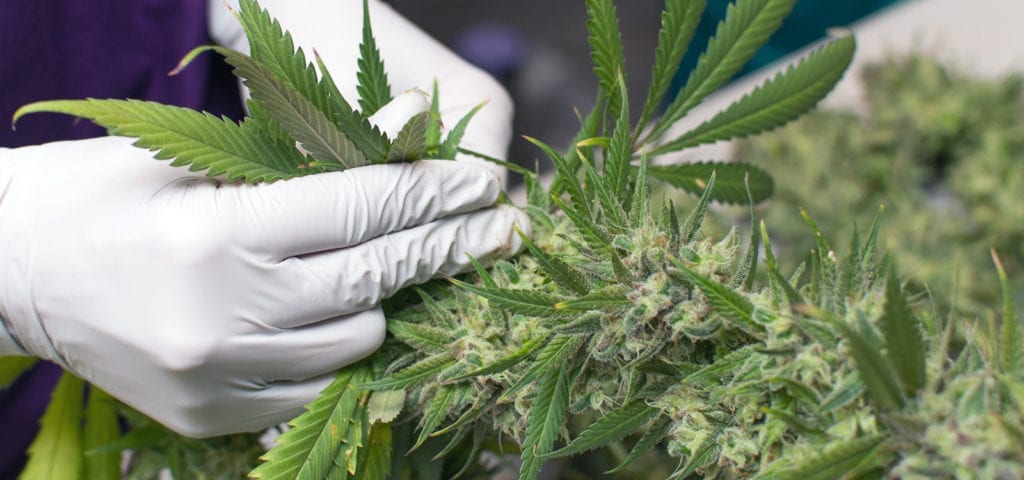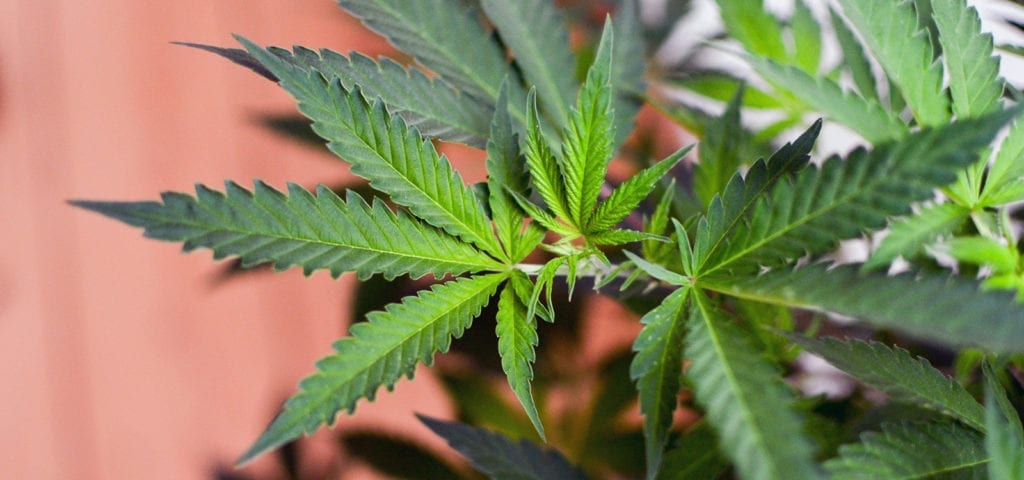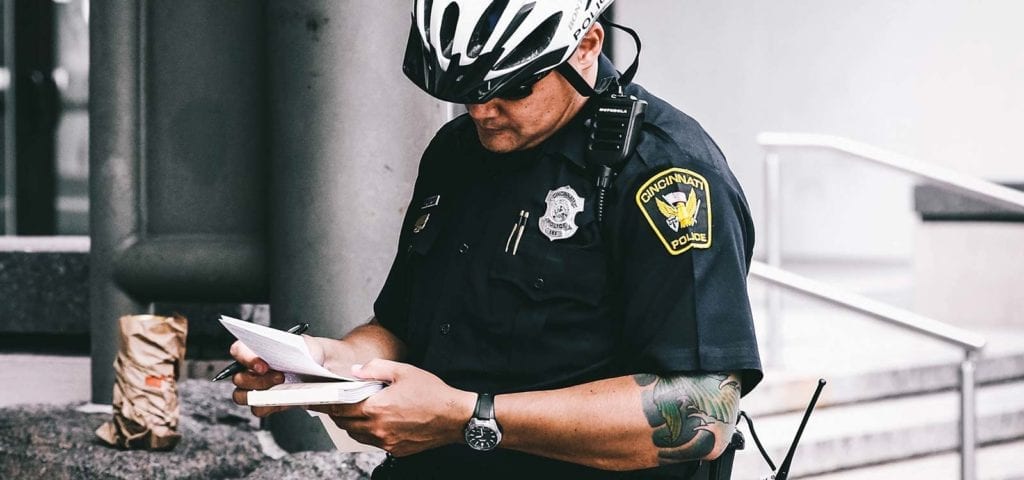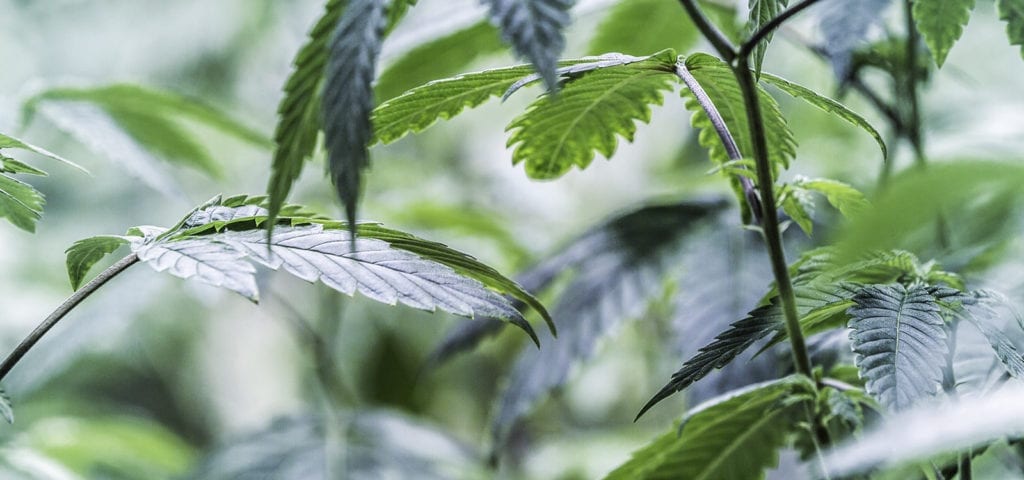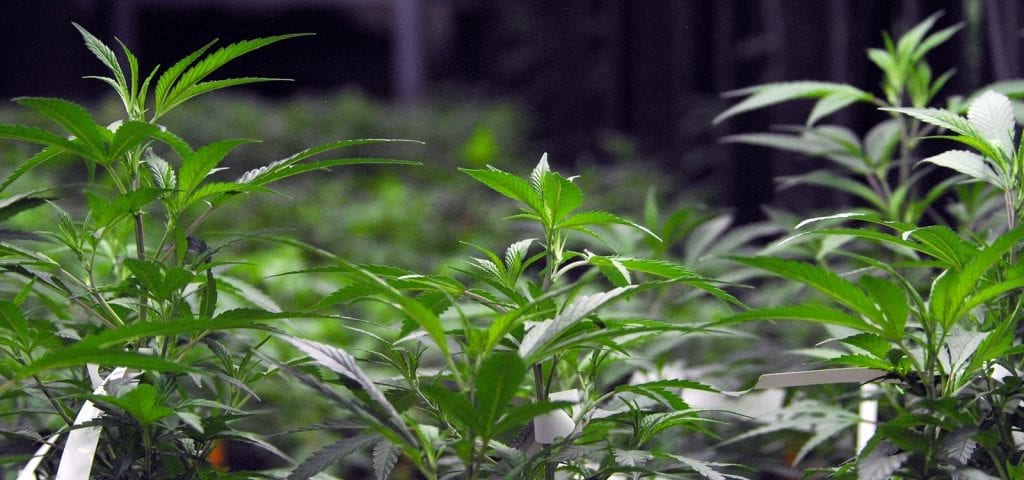A measure written to limit barriers for medical cannabis and provide easier access for patients currently taking prescription opioids will become law in Illinois today, according to a Chicago Tribune report. Gov. Bruce Rauner will sign the bill into law at the Chicago Recovery Alliance, a nonprofit that provides clean needles, anti-narcotic Naloxone, and other services in the fight against heroin and opioids.
The measure focuses on the fight against opioid deaths — there were 2,000 in Illinois alone in 2016 — but it will also remove hurdles for accessing medical cannabis for anyone with a qualifying condition.
Previous restrictions requiring all prospective medical cannabis patients in Illinois were required to be fingerprinted and undergo a background check will be removed. Those patients approved by a doctor but who are awaiting state review of their application will also be given an immediate, temporary prescription for medical cannabis.
The measure goes further for those with a medical cannabis prescription provided in lieu of a prescription for opiates; such patients will not need to apply to the health department and can access medical cannabis immediately, though their renewable prescription will be limited to just 90 days.
“It’s an exit ramp for opioid use.” — State Sen. Don Harmon (D-Oak Park), sponsor of the bill, via The Chicago Tribune
Opponents of the medical cannabis expansions claim that cannabis does not help with pain nor reduce opioid abuse. Director of Research for the Chicago Recovery Alliance Suzanne Carlberg-Racich, however, supports the new law.
“This is a great step in the right direction. I’m pleased to see an alternative for pain management that doesn’t have any potential for a fatal overdose.” — Suzanne Carlberg-Racich, director of research for the Chicago Recovery Alliance and assistant professor of public health at DePaul University, in the report
End

